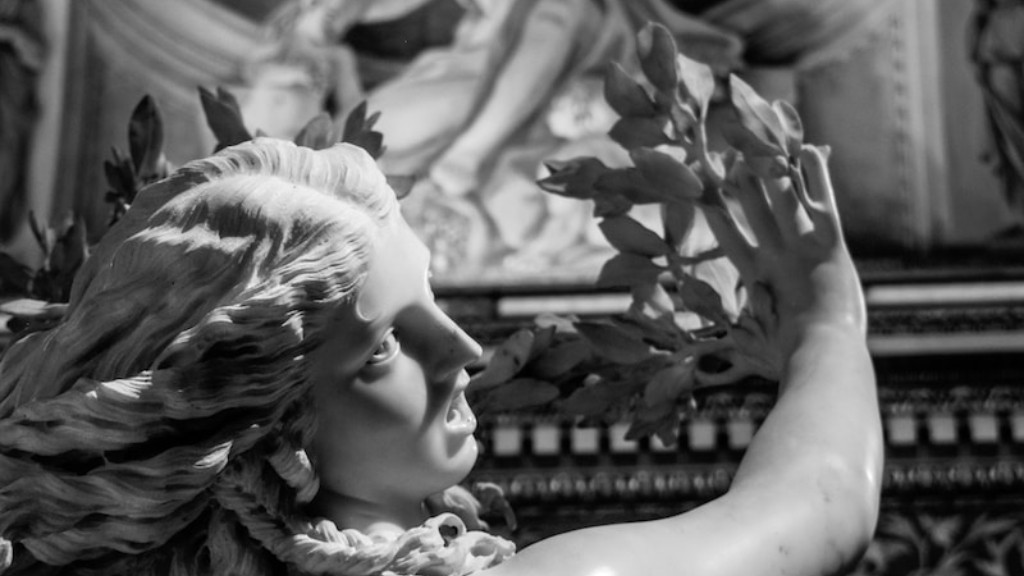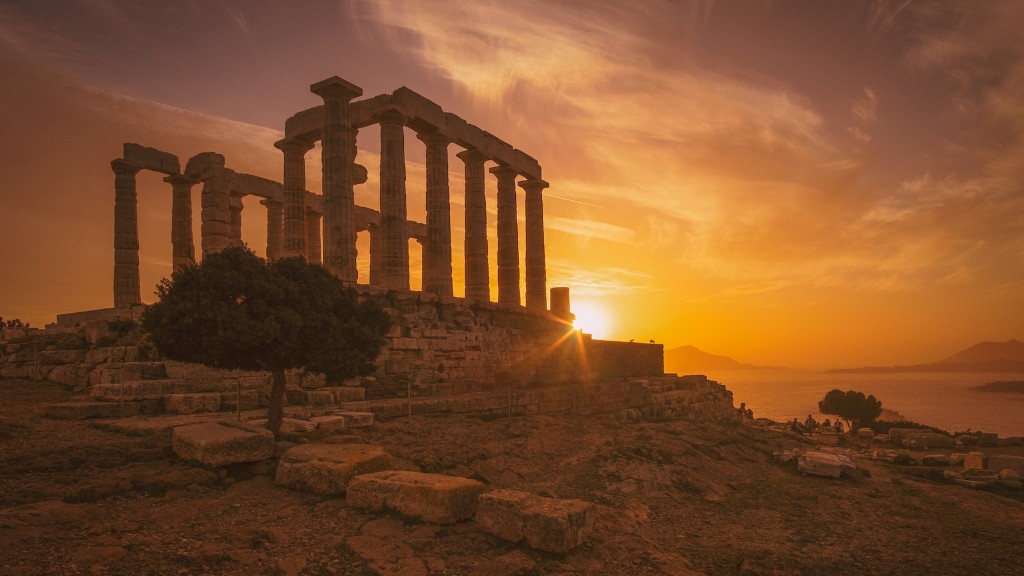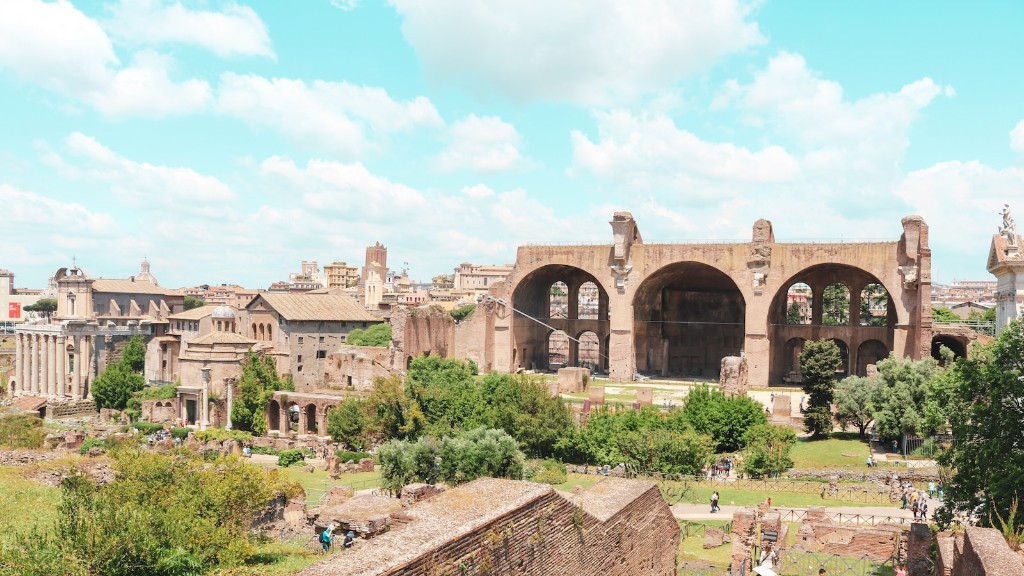The Influence of Etruscans on Ancient Rome
The influence of the Etruscans on ancient Rome is a subject of great interest and debate among historians. The Etruscan civilization, which flourished in central Italy from the 8th to the 3rd century BCE, played a significant role in shaping the cultural, artistic, and political landscape of Rome. This article aims to explore the various ways in which the Etruscans left their mark on the Romans.
Cultural Influence
The Etruscans had a profound impact on Roman culture, particularly in terms of religion, language, and social customs. The Romans adopted many of the Etruscan religious practices and deities, such as the worship of Apollo, Juno, and Minerva. The Etruscans also introduced the Romans to divination and other mystical practices.
Moreover, the Etruscans influenced the development of the Latin language, which eventually became the basis for the Roman language. Many Latin words and phrases are derived from Etruscan roots. Additionally, the Etruscans introduced the Romans to a variety of artistic and architectural techniques, which became essential elements of Roman culture.
Architectural Influence
The Etruscans were known for their advanced architectural skills and innovative building techniques. They introduced the Romans to the use of arches, vaults, and domes in construction, which revolutionized the field of architecture. The Roman architectural masterpiece, the Colosseum, is a testament to the Etruscan influence on Roman building design.
Furthermore, the Etruscans influenced the Romans’ approach to urban planning. They introduced the concept of grid-based cities, with straight roads intersecting at right angles. This urban layout can still be observed in many ancient Roman cities, such as Pompeii and Ostia.
Political Influence
The Etruscans played a significant role in shaping the political structure of ancient Rome. They introduced the Romans to the concept of a monarchy, and the Etruscan kings ruled over Rome for several centuries. Although the Roman Republic eventually replaced the monarchy, the Etruscans’ influence can be seen in the Roman governmental structure, with its emphasis on the Senate and the influence of the consul.
Additionally, the Etruscans introduced the Romans to the concept of written law and legal procedures. The Twelve Tables, which formed the basis of Roman law, were heavily influenced by Etruscan legal codes. This legal framework laid the foundation for the development of Roman law as one of the most influential legal systems in history.
Artistic Influence
The Etruscans were renowned for their artistic skills, and their influence on Roman art cannot be overstated. Etruscan art, characterized by intricate metalwork, vibrant frescoes, and detailed sculptures, inspired the Romans to develop their own unique artistic style.
The Romans adopted and adapted many of the Etruscan artistic techniques, such as the use of realistic portraiture and the incorporation of narrative elements into their artwork. Roman sculpture, in particular, was heavily influenced by Etruscan sculptural traditions, resulting in iconic works such as the statue of Augustus of Prima Porta.
Conclusion
The influence of the Etruscans on ancient Rome is undeniable and far-reaching. From their cultural and religious practices to their architectural innovations and artistic techniques, the Etruscans played a pivotal role in shaping the development of Rome. By understanding the Etruscan influence, we gain a deeper appreciation for the rich cultural tapestry that formed the foundation of ancient Rome.


